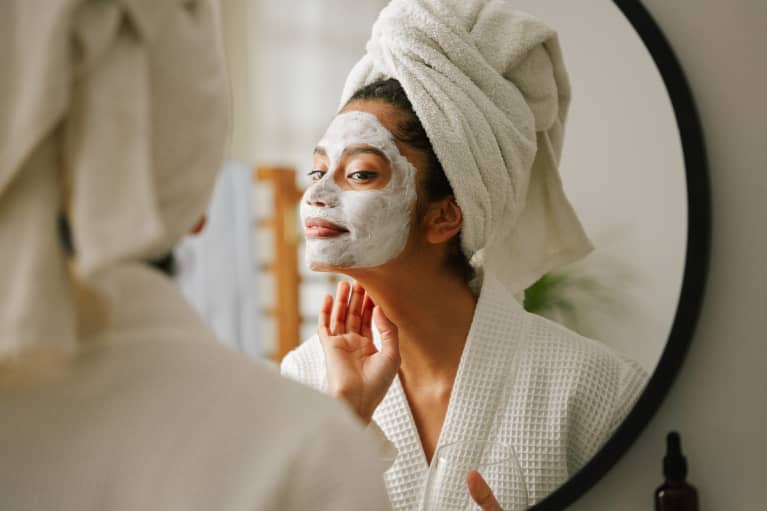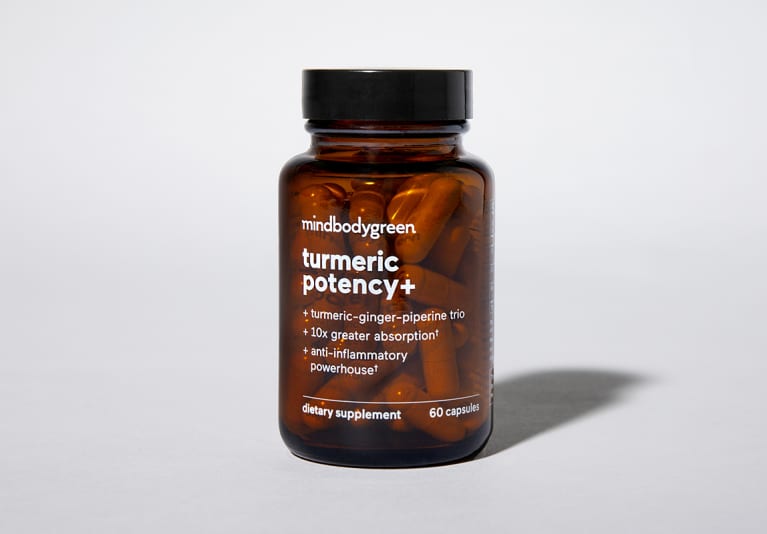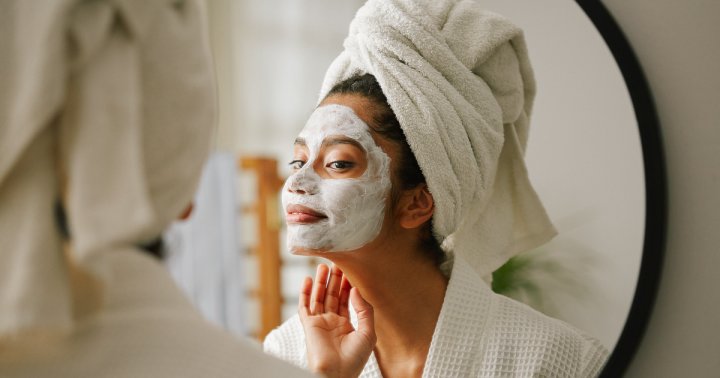
Our editors have independently chosen the products listed on this page. If you purchase something mentioned in this article, we may earn a small commission.
“I would never tell someone you ‘need’ this product. You should think critically about what you are using—really dive into what works for you. Does it work for your skin type, needs, the environment you live in, and how quickly your skin responds to something?” says beauty expert and writer Nikita Upadhyay. “You should never give in to influence quickly.”
In this episode of Clean Beauty School, I chat with Upadhyay about a wide variety of topics from her book Roots to Radiance including how to stop being “influenced.”
“I always tell people to listen to their body. Track your own patterns and skin changes so you can better understand what works for you. Because you’re going to a thousand distractions every day—new products, new trends, new advice,” she says. “And if you’re not giving a fair shot to what you’re using, and there’s a new impulse product week after week, that’s not being fair to your skin. And you’re not going to develop a very good relationship with it either.”
Essentially: Aim to be educated, not influenced. With that in mind, I asked her about her favorite ingredients—store-bought and homemade, internal and external. Here’s just a small snapshot of what she loves for her skin:
1. Low concentration of topical vitamin C.
“Vitamin C is the best ingredient—even when it’s overrated, it’s underrated,” she says about the antioxidant. “But it doesn’t make sense to formulate it beyond a certain percentage.” And she’s absolutely correct. According to research, topical vitamin C is beneficial for skin up to the 20% range—and after that there are no additional benefits. In fact, it can actually be sensitizing, and for folks with already sensitive skin even using a product in the 20% range can be a bit too much.
“Beyond a certain percentage—and I’ve experienced this myself—my skin was so irritated,” she says, noting that now she sticks to serums with a lower dosage of the ingredient. (Check out our favorite vitamin C serums here—which come in a wide variety of concentrations so you can find one that works for you.)
While Upadhyay has a wealth of knowledge on topicals, her teas and tonics are to be noted as well. Her daily must-have? A turmeric-based tea. “Every morning I make a tea that is turmeric, lemon juice, and honey,” she says. “In the winter I’ll add cinnamon. I also like ginger for its anti-inflammatory properties.” Turmeric is an incredible antioxidant that has loads of full-body benefits. For the skin specifically, it can help neutralize oxidative stress, which can break down collagen.

turmeric potency+
Daily anti-inflammatory powerhouse for whole-body health*
turmeric potency+
Daily anti-inflammatory powerhouse for whole-body health*

I’d be remiss not to include a DIY product, as Upadhyay is so known for those recipes. One of her most simple? A pumpkin purée mask. “It shrinks the appearance of enlarged pores and helps make your skin feel firm,” she says. “You can almost instantly feel the difference after you do a pumpkin purée mask.” Pumpkin is a good source of vitamin C, amino acids, and gentle enzymes that can help provide a very subtle exfoliation for the skin.
Want more ingredient insights? Tune in to the episode below.

turmeric potency+
Daily anti-inflammatory powerhouse for whole-body health*
turmeric potency+
Daily anti-inflammatory powerhouse for whole-body health*

https://www.mindbodygreen.com/articles/nikita-upadhyay-shares-3-of-her-favorite-ingredients

